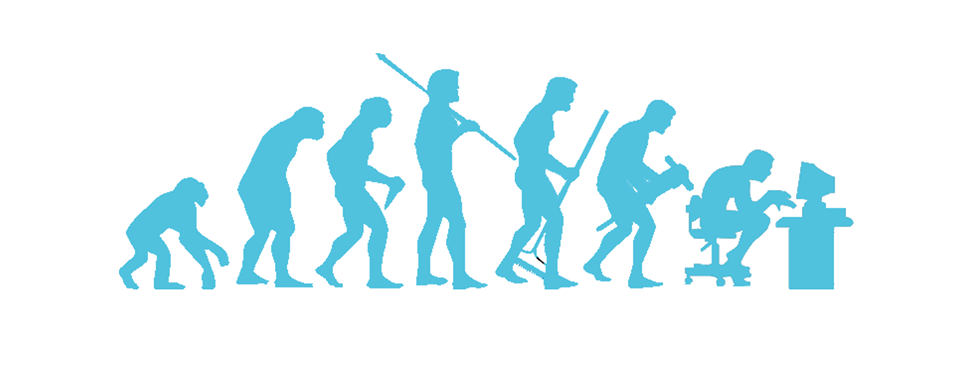Postural Related Injuries
A large percentage of the patients that we see at The Pain Clinic have sustained their injury due to years of sitting at a desk, on a factory line or driving a car, and some have regretfully even had to give up give up their jobs. These workplace posture-related injuries are, in the most part, avoidable, and The Pain Clinic is passionate about helping prevent injury, just as much as we are about helping to treat injuries.
- There are many causes of these postural changes, such as;
- working on a factory line or in a repetitive job
- carrying a bag on one shoulder everyday
- historic injuries causing compensatory changes in posture
- a preference for particular exercises such as bench pressing
- a lack of co-ordination and participation in sport (often since childhood)
- “text neck” (seen in as young as 9 years old!)
- prolonged “gaming” (seen in a 6 year old!)
- sleeping position tendencies
- a history of sport participation
and more…
The most common cause however, a cause that I see in the clinic every single day, is sitting at a desk and using a computer all day, every day. Many of us will then either try to fit in some intensive exercise to combat this sedentary day, or continue this behaviour by sitting on a sofa and playing on a laptop, phone or tablet.

Poor posture at work can cause:
- Eye strain leading to headaches.
- Strain on mid and lower back muscles and joints when flexing forward for prolonged periods of time. The forward projection of your head, very common with computer use, also puts pressure on the joints of the neck, changes the support mechanism of the head leading to changes throughout your structural balance.
- The shoulder girdle joints move forwards causing compression of bicep tendon and pectoral muscles and arms often become externally rotated relative to your shoulder blade position. This then compresses the shoulder and makes the muscle groups that help the shoulder achieve its extensive range of movement become dysfunction, resulting in injury.
- If knees are not positioned correctly this can put strain on the hips, pelvis and lower back.
- Elbows are not supported causing strain on forearm muscles leading to tennis or golfers elbow, and many forearm, elbow and wrist issues originate from poor shoulder posture.
- Shortening of chest muscles putting pressure on your ribcage, heart, diaphragm and the blood vessels and nerves supplying your arms.
Did you know, the average human head weighs 10-12 pounds, but angling your neck at 60 degrees – like when stooping to read a text – increases the pressure to 60 pounds!
The aforementioned muscles of your neck, shoulders and upper back must support the equivalent of 6 times the weight of your head. According to the National Library of Medicine, these stresses lead to early wear, tear, degeneration and possible surgeries.Danielle Pain, Osteopath & Owner of The Pain Clinic
Prevent permanent postural changes by improving yours today.
improve your overall posture and help prevent permanent damage to your joints and mobility.

